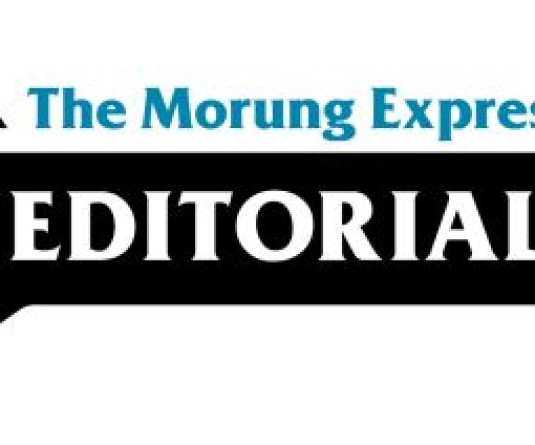
The period following the last round of Bangkok talks Post-December 16-17 has seen some development on the dialogue front, although it has to be said that there has been no qualitative improvement in the peace process as such; rather, only a predicament on how to push play to break the deadlock mode. The developments if any still remains confined to a limited space of how best to give a fresh lease of life to what has now become an immobile process. If reports carried in the national media are to be believed, New Delhi did offer a counter-proposal to the one already put forth by the NSCN (IM) and as per information this proposal was in the form of an autonomous status under Article 244A of the Indian Constitution. For obvious reasons, this has failed to break the ice.
Whether New Delhi’s proposal is in consonance with the ‘step-by-step’ approach it had suggested, it is all the same highly deplorable on its part to placate the Nagas with such an offer which does not do justice to the unique history already acknowledged by two Prime Ministers including present incumbent Manmohan Singh. There is a sense of discomfort that certain agencies, particularly those under the Home and Defence Ministries are more interested in creating hurdles, thereby, not only prolonging the ceasefire to the disadvantage of the Nagas but also derailing the peace process which was essentially a political initiative taken up at the highest level on the clear understanding that the problem demanded a permanent political solution.
Any decision at the talks table has to be a political one taken by the political leadership of the country. The present peace parleys has to not only remain accountable to the elected representatives sitting in Parliament, but should also remain under civilian control and not so much under the tutelage of the mandarins and other agencies who have no electoral mandate to dictate the course of a process which is essentially a political one.
The offer made by the Government of India under Article 244A therefore is completely untenable. New Delhi would have to do better by coming at least halfway to meet the demands/proposals of the NSCN (IM) which, to be fair to the latter, has been worked out in such a manner to accommodate mutual concerns and in a spirit of reciprocity.
Regarding the controversy over the role of an outsider to the talks, the entire issue seems to have been blown out of proportion by a section of the media. On this particular issue, there appears to be an unwritten code of understanding with both the parties only too aware of the present impasse. New Delhi’s Kashmir phobia on third party mediation is only too well known. Therefore whether it is outsiders, third party or do-gooders the issue itself should not remain a hurdle in the way of generating a positive outcome from the present deadlock. At the end, both sides should be able to walk away from the peace parleys on a winning note and not by reducing the process into a zero sum game rationale where no one wins.






